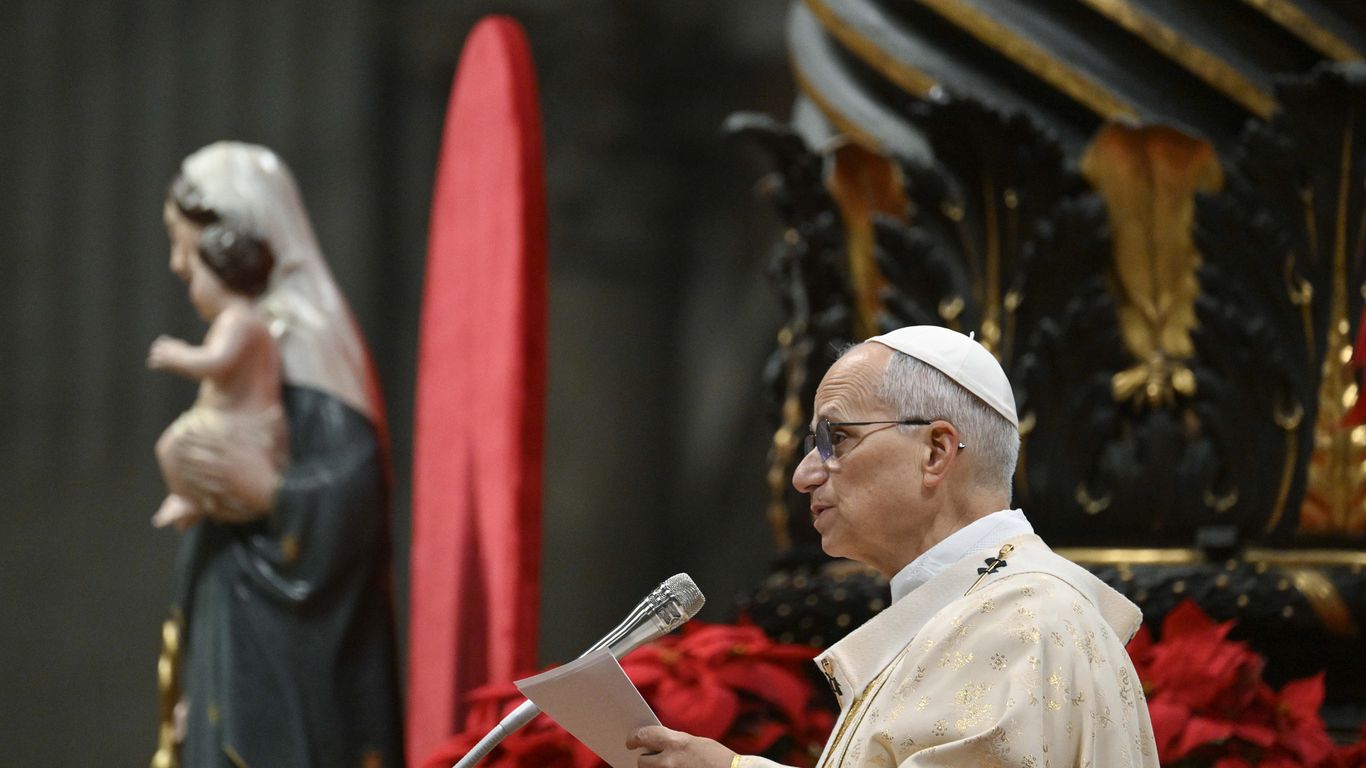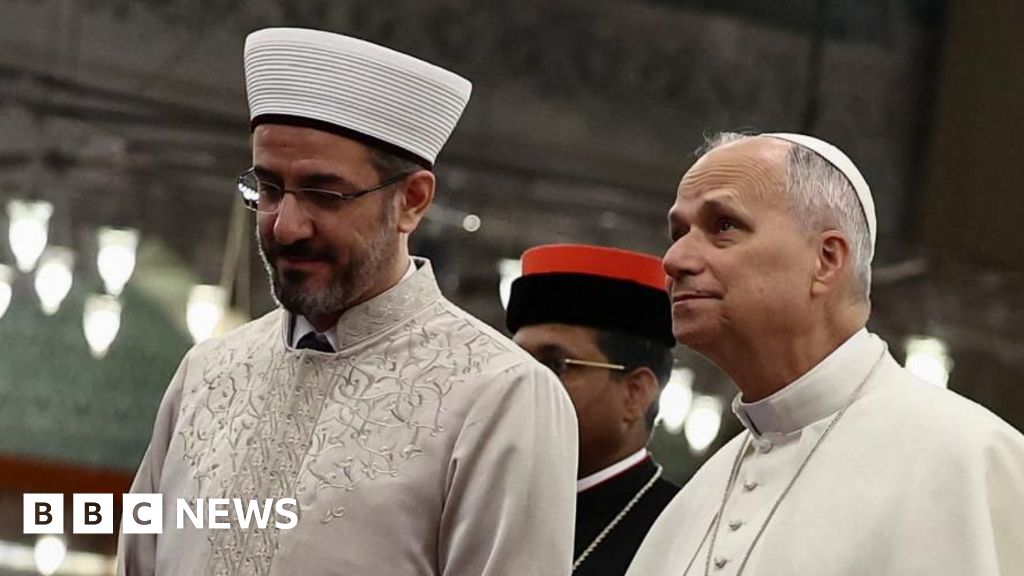The Tradition of the Sunday Blessing with the Pope

About the People Mentioned
pope
The pope is the Bishop of Rome and the spiritual leader of the Roman Catholic Church, a position regarded as the successor to Saint Peter, whom Christians believe Jesus appointed as the head of his apostles[1]. As the head of the Holy See, the pope has supreme authority over the Church’s central government, making decisions on faith, morals, and discipline for approximately 1.3 billion Catholics worldwide[1][5]. The pope also serves as the head of Vatican City, an independent city-state and the smallest sovereign entity in the world[3]. Historically, the papacy’s influence extended into secular and political realms, but in recent centuries its focus has shifted primarily to religious and spiritual matters, though the pope still maintains significant diplomatic relations with over 100 nations[3][5]. The doctrine of papal infallibility, formally defined in 1870, holds that the pope is preserved from error when he speaks ex cathedra (from the chair of Saint Peter) on matters of faith and morals[5]. The pope’s notable roles include acting as the Supreme Pastor, representing Christ’s care for the faithful, and serving as a unifier for the global Church, balancing the needs of the universal Church with the autonomy of local churches[2]. Daily responsibilities involve leading liturgies, appointing bishops, engaging in diplomatic meetings, writing formal communications, and ministering directly to pilgrims and the faithful during public audiences and international travels[3]. The pope also addresses contemporary moral and social issues, interpreting Church doctrine for modern contexts[6][7]. The path to becoming pope typically involves decades of service as a priest, bishop, and cardinal, culminating in election by the College of Cardinals in a conclave upon the death or resignation of the previous pope[6]. Currently, the pope remains one of the world’s most influential figures, not only for Catholics but also as a voice in global dialogues on peace, justice, and human dignity[5]. Recent events—such as international trips, encyclicals on climate change and social justice, and efforts at ecumenical and interfaith dialogue—continue to shape the papacy’s contemporary relevance. The office’s enduring significance lies in its unique blend of spiritual leadership, moral authority, and global outreach, rooted in a tradition stretching back nearly two millennia[1][5].
About the Organizations Mentioned
Vatican City
**Vatican City: A Unique Entity at the Intersection of Faith and Governance** Vatican City, the smallest internationally recognized sovereign state, is a fascinating blend of religious and political governance. Located within Rome, it serves as the administrative center of the Catholic Church, with the Pope as its sovereign. Established in 1929 via the Lateran Treaty, Vatican City replaced the Papal States, which once spanned much of Central Italy[4]. **Organization and Function** The Vatican is home to the Roman Curia, the central governing body of the Catholic Church. It includes various departments such as the Apostolic Penitentiary, the Supreme Tribunal of the Apostolic Signatura, and the Tribunal of the Roman Rota, which handle legal and doctrinal matters[1]. The Council for the Economy and the Secretariat for the Economy manage the Vatican's finances, while the Administration of the Patrimony of the Apostolic See (APSA) oversees its resources[1]. **History and Achievements** Vatican City has a rich history, with the Catholic Church's influence spanning nearly two millennia. Recent reforms, notably the Apostolic Constitution "Praedicate Evangelium" in 2022, have aimed to modernize the Roman Curia by promoting integration and transparency. This reform created a new Dicastery for Evangelization and involved laypeople in leadership roles[6]. **Current Status and Notable Aspects** Today, Vatican City employs about 2,000 people with an operating budget of approximately $835 million[2]. Despite its small size, the Vatican engages in significant diplomatic and cultural activities. It is also a hub for technological innovation, with efforts to digitize its vast archives and libraries. The appointment of Sister Raffaella Petrini as the first female Governor of Vatican City reflects the Vatican's move towards greater inclusivity[6]. **Engagement with Business and Technology** While not primarily a business or technology entity, the Vatican's embrace of digital transformation







